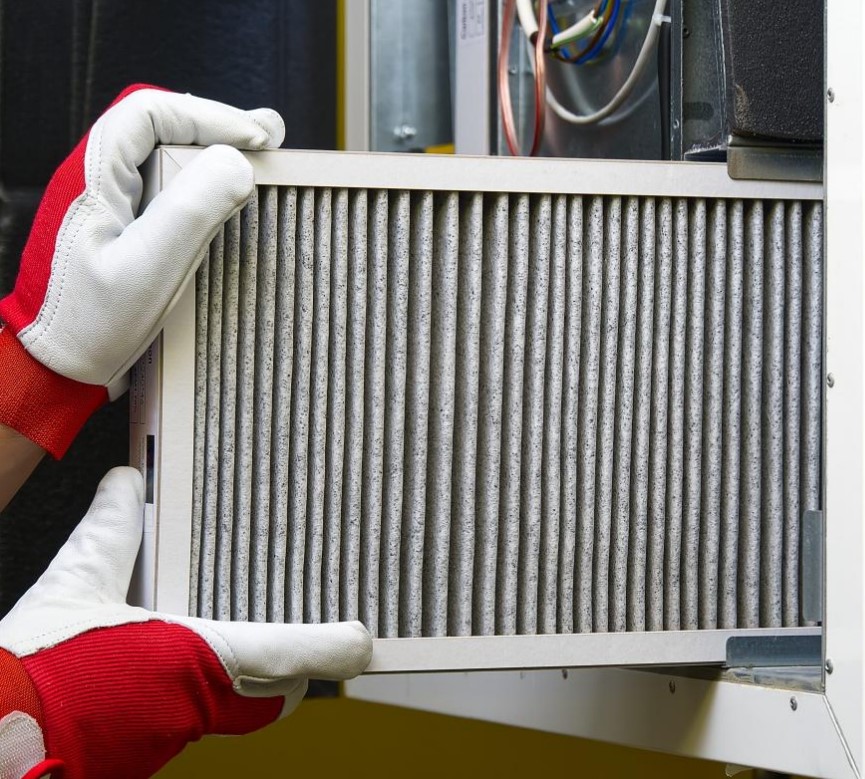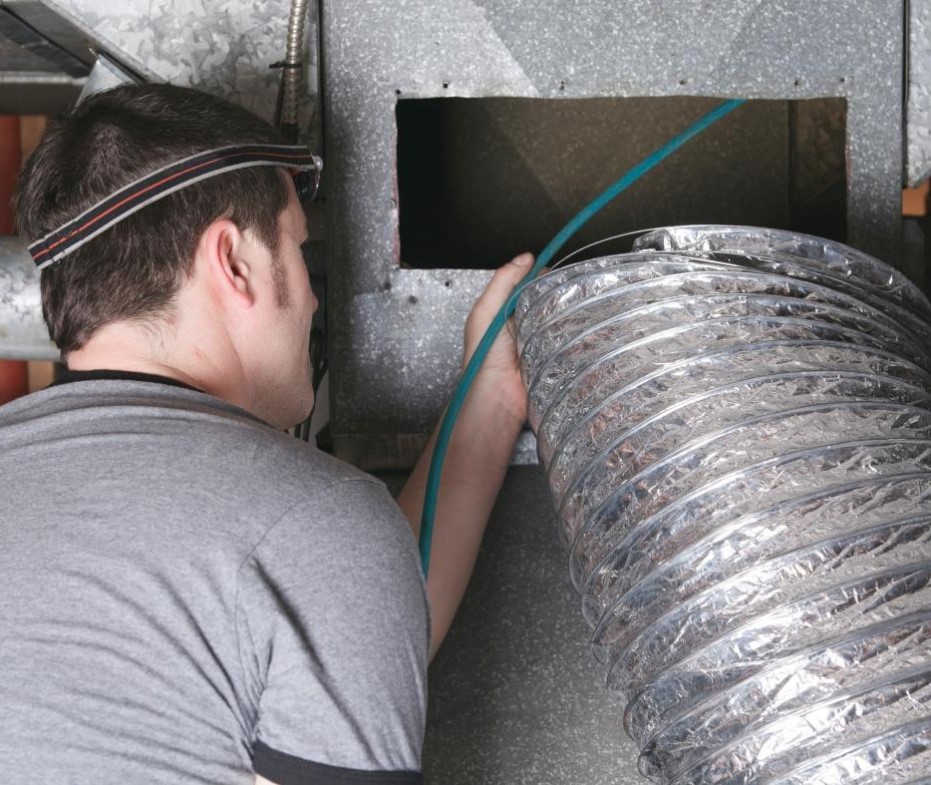Enhancing Indoor Air Quality: 5 Effective Strategies

Ensuring clean indoor air is paramount for a healthy home. Surprisingly, indoor air can often be more polluted than the air outdoors. The Environmental Protection Agency (EPA) reports that the average American spends roughly 90 percent of their time indoors, where pollutant concentrations can be two to five times higher than outdoor levels.
Your indoor air quality (IAQ) significantly impacts your overall health and well-being. Poor IAQ is associated with various health issues, including:
- Allergies
- Asthma
- Complications for individuals with heart and lung conditions
- Persistent coughing
- Respiratory illnesses
- Throat and nasal ailments

Identifying the Culprits
The EPA identifies indoor pollution sources that release gasses or particles into the air, such as burning fuel for warmth, cooking, or hot water, as a primary cause of indoor air quality problems in homes. Inadequate ventilation exacerbates this issue by failing to bring in enough fresh outdoor air to dilute emissions from indoor sources and by failing to remove indoor pollutants. Additionally, high temperature and humidity levels can elevate pollutant concentrations, as humidity traps pollutants near the ground. Unvented or improperly vented appliances can introduce excessive moisture, potentially leading to bacterial and microbial growth that can harm your home.
Moreover, everyday items such as candles, household cleaners containing volatile organic compounds (VOCs), and even pet dander from furry companions all contribute to compromised air quality within your home.
Five Strategies to Enhance IAQ
There are numerous ways to safeguard and enhance your indoor air quality. In addition to routine dusting, avoiding unnecessary fuel burning, and maintaining pet hygiene, our IAQ experts recommend FIVE tailored solutions to foster a healthier indoor environment:
-
Air Duct Cleaning
Air duct cleaning involves the thorough removal of dust, debris, and contaminants from the ductwork and HVAC systems in your home. This process helps improve indoor air quality and the overall efficiency of the heating and cooling system.
-
Air Purifiers & Filtration Systems
These systems effectively reduce allergens like microbial growth, dust, airborne viruses, bacteria, and other harmful pollutants and contaminants, significantly improving your indoor air quality
-
Ventilation Systems
Quality ventilation systems diminish airborne contaminants such as allergens, bacteria, viruses, and chemicals. They also facilitate the expulsion of stagnant air from your home while introducing fresh outdoor air
-
Humidity Solutions
Proper installation of humidifiers or dehumidifiers can enhance indoor air quality. Maintaining relative humidity levels within the range of 30% to 50% is crucial for comfort and health. Levels above 50% create excessive moisture, leading to discomfort, while levels below 30% result in dry, uncomfortable air that can be damaging.
-
UV Germicidal Lights
Biological pollutants, which include living microorganisms like microbial growth, viruses, and bacteria, differ from ordinary dirt or dust particles. UV germicidal lights employ ultraviolet rays to halt the biological processes of these pollutants and eradicate them, further elevating indoor air quality
Extreme's indoor air quality specialists understand the technology and proper installation of all these solutions and care deeply about your family's health and wellbeing. Call out Beavercreek, Ohio location to set up service in the Dayton area @ 937.431.7399. For service in Cincinnati call our experts in Mason @ 513.640.7399
